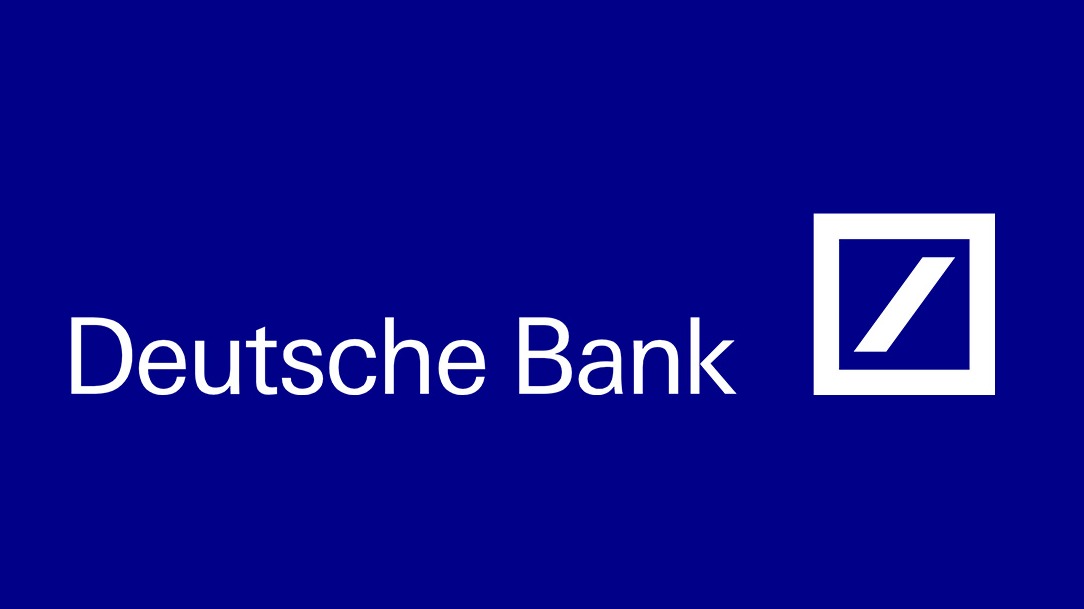Deutsche Bank has agreed a $75 million settlement with the victims of Jeffrey Epstein who accused the bank of facilitating the child sex trafficker’s illegal activity.
Lawyers representing women who had accused the late Epstein confirmed the settlement on Wednesday, resolving claims in a class action lawsuit in Manhattan federal court – though court approval is required to approve the settlement.
Deutsche Bank counted Epstein as a client between 2013 and 2018, five years after he had already plead guilty to state charges of soliciting prostitution and soliciting prostitution from someone under the age of 18.
One of the lawyers for the accusers, David Boies, said that the abuse "could not have happened without the collaboration and support of many powerful individuals and institutions. We appreciate Deutsche Bank's willingness to take responsibility for its role."
The bank did not comment on the settlement, but a spokesperson referred to a 2020 statement in which it acknowledged error in making Epstein a client. The spokesperson noted that the bank has invested more than €4 billion to enhance its processes and training, and that it has hired more people to tackle financial crime.
US bank JPMorgan Chase faces larger lawsuits from Epstein’s accusers and from the US Virgin Islands where he had a home. Epstein was a JPMorgan client from 1998 to 2013, during his 2008 guilty plea and during the alleged height of his sex trafficking activity.
It remains unclear how the settlement will impact this case.
JPMorgan is separately suing former private banking chief Jes Staley – also formerly of Barclays – for allegedly turning a blind eye to Epstein due to their friendly relationship during his time at the bank.
Latest News
-
Gemini to cut quarter of workforce and exit UK, EU and Australia as crypto slump forces retrenchment
-
Bank ABC’s mobile-only ila bank migrates to core banking platform
-
Visa launches platform to accelerate small business growth in US
-
NatWest to expand Accelerator programme to 50,000 members in 2026
-
BBVA joins European stablecoin coalition
-
eToro partners with Amundi to launch equity portfolio with exposure to ‘megatrends’
Creating value together: Strategic partnerships in the age of GCCs
As Global Capability Centres reshape the financial services landscape, one question stands out: how do leading banks balance in-house innovation with strategic partnerships to drive real transformation?
Data trust in the AI era: Building customer confidence through responsible banking
In the second episode of FStech’s three-part video podcast series sponsored by HCLTech, Sudip Lahiri, Executive Vice President & Head of Financial Services for Europe & UKI at HCLTech examines the critical relationship between data trust, transparency, and responsible AI implementation in financial services.
Banking's GenAI evolution: Beyond the hype, building the future
In the first episode of a three-part video podcast series sponsored by HCLTech, Sudip Lahiri, Executive Vice President & Head of Financial Services for Europe & UKI at HCLTech explores how financial institutions can navigate the transformative potential of Generative AI while building lasting foundations for innovation.
Beyond compliance: Building unshakeable operational resilience in financial services
In today's rapidly evolving financial landscape, operational resilience has become a critical focus for institutions worldwide. As regulatory requirements grow more complex and cyber threats, particularly ransomware, become increasingly sophisticated, financial services providers must adapt and strengthen their defences. The intersection of compliance, technology, and security presents both challenges and opportunities.
© 2019 Perspective Publishing Privacy & Cookies




.jpg)








Recent Stories